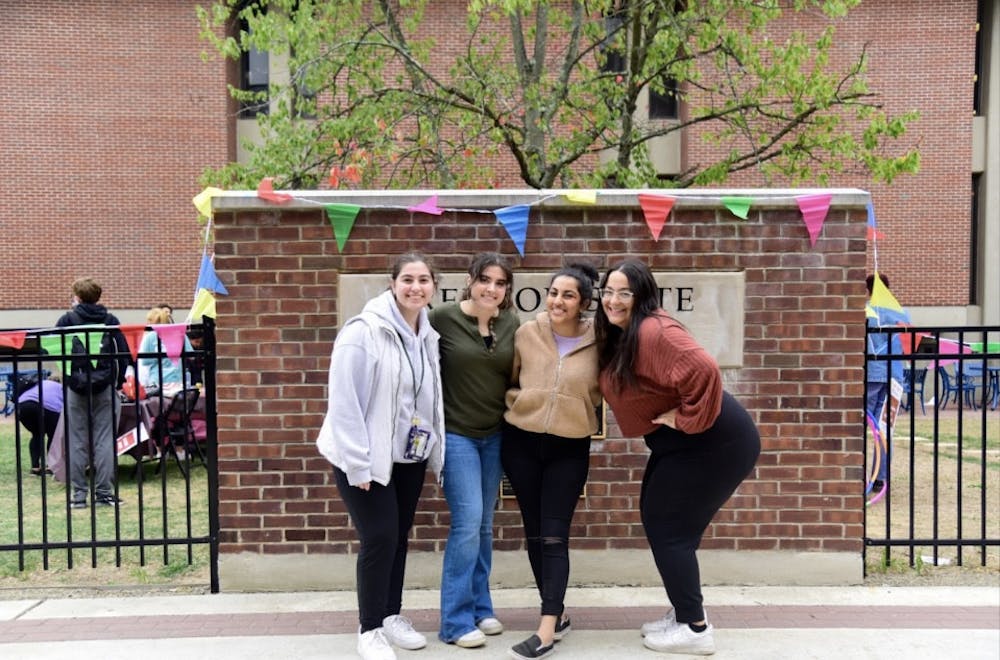By Isabella Darcy
Staff Writer
Four students at the College founded the Middle Eastern and North African Association (MENAA) to nurture a community that celebrates their culture. Student government recognized MENAA on Feb. 22.
MENAA founders, sophomore biology major Ari Asoyan, freshman political science major AnnMarie Ekladious, sophomore public health and international affairs double major Youstina Hana and sophomore psychology major Khadijah Tosun began to collaborate when they realized that they all had a similar goal — to create an organization that brings people together to learn about and commemorate Middle Eastern and North African (MENA) culture.
“We all are from all different parts of the MENA region, so we all felt a need to create a space and organization for us, so we could feel represented on campus,” Hana said.
At meetings, which will begin this spring, MENAA plans to host cultural activities like grape leaf rolling, a Middle Eastern classic, and lessons for belly dancing, an art that originated in North Africa. MENAA also wants to bring in guest speakers and arrange galas or dances, where students in and out of the organization can be immersed in MENA culture.
“Diversity has always been something so important to me, so knowing that I can add more to the College’s diversity is priceless,” Ekladious said.
Any student can join MENAA, which has already accumulated considerable interest with over 100 members in its GroupMe. Such vast interest in MENA nations was not always apparent to the founders.
“Before I co-founded MENAA, I did not know any other people with my ethnic background on campus, and it was frustrating,” Tosun said. “Now, things have changed dramatically.”
A common experience among the founders was feeling unincluded at the College. For Hana, a reason for this was because she, who identifies as North African, was grouped with white students on official documents.
“Coming into this university, I had to check white because there's not a box that accurately represents me, so according to the government, most of us check white,” Hana said.
European, Middle Eastern and North African persons are often placed in the white racial and ethnic category; however, persons placed in this category do not always identify as white.
Since these students are recognized as white on paper, Hana and her co-founders had difficulty finding out just how many students at the College are Middle Eastern and North African.
MENAA founders were eventually able to find other students at the College who identified as Middle Eastern or North African. When they reached out to these students, the founders discovered that there was interest in MENAA.
“We’re so excited to talk to new people on campus and spread our culture and our love,” Hana said.
The founders collaborated for over five months to get MENAA recognized as an organization, and now that it is, MENA students will have more opportunities to find each other and celebrate MENA culture.
“MENAA means so much to me because it’s the first time I’ve felt Middle Eastern inclusion on campus,” Tosun said. “I’ve made so many friends and met so many amazing people through it.”







